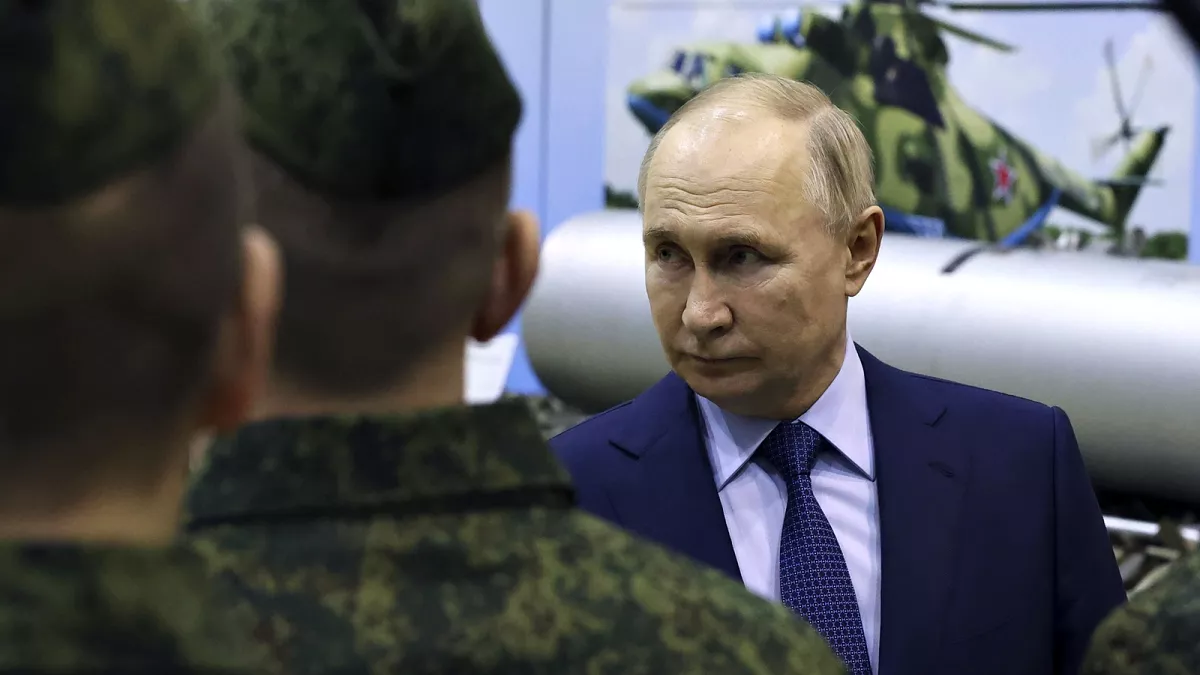Russia has increased its cyberattacks against NATO member states, raising serious security concerns.
In April 2025, Polish Prime Minister Donald Tusk revealed that hackers targeted his party, Civic Platform, suggesting the involvement of Eastern actors, possibly from Russia or Belarus, especially with the presidential election approaching. In Germany, the BfV intelligence agency accused Russia’s GRU military intelligence of conducting cyberattacks against NATO and EU countries. These attacks targeted critical infrastructure, including systems in the United States.
The GRU’s Unit 29155 is responsible for several cyber operations against NATO, focusing on espionage and sabotage. These activities aim to destabilize the alliance.
Russia’s cyberattacks are part of a larger hybrid warfare strategy to weaken NATO by disrupting its information systems. In response, NATO and its members are enhancing their cybersecurity measures to prepare for potential cyber warfare. Countries like the UK are working to protect critical infrastructure from cyber threats.
Russia’s ongoing cyberattacks highlight the growing importance of cybersecurity in modern warfare. NATO countries must stay vigilant and strengthen their defenses against these evolving threats.




